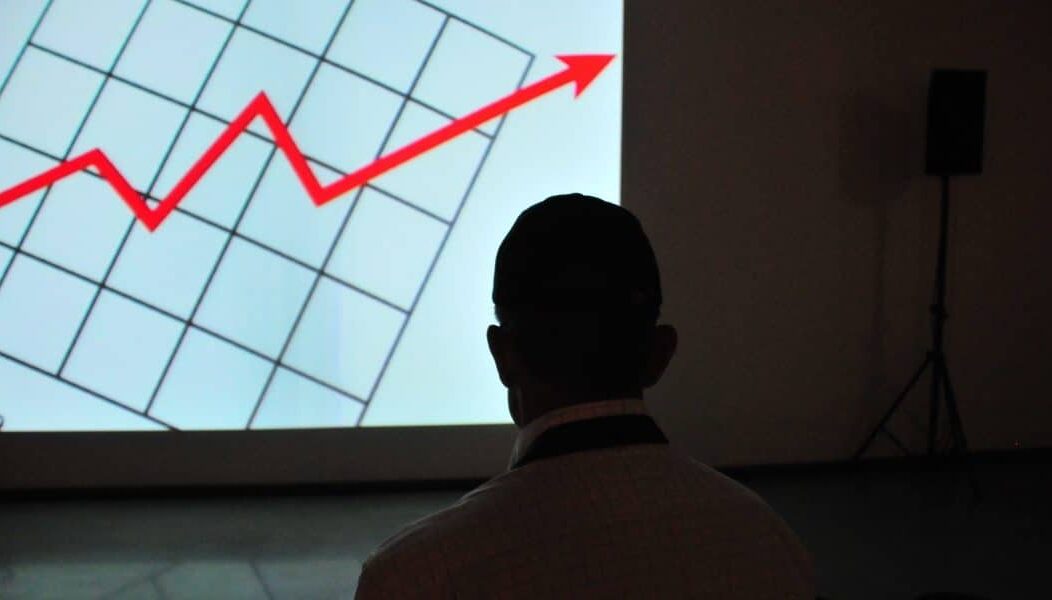POSTS:

Reimagining Community newsletter #1 Oct 2019
This is the first issue of Reimagining Community – the successor to ‘In This Moment’, the Aotearoa New Zealand secular Buddhist newsletter. It will go out monthly with news and updates from a brand new website at secularbuddhistnetwork.org.

A review of Ron Purser’s ‘McMindfulness: the new capitalist spirituality’
The title says it all. In McMindfulness: how mindfulness became the new capitalist spirituality, Ron Purser offers a scathing criticism of how the Buddhist practice of mindfulness has been transformed into a method to reduce the stress levels of individuals in a competitive, capitalist society. Is he right?

Dharma practice and solidarity in troubling times
According to Winton Higgins, the foundation of Buddhists' political engagement is the overarching ethical commitment to care, the responsibility to be 'engaged as a moral agent in what is going on in one’s own life'.

Getting started with secular meditation
Ramsey Margolis emphasizes that secular meditation is primarily about stillness and self-observation; when we sit regularly, we become becoming mindfully aware of not just the content of our thoughts but also the emotions and mind states that inform these thoughts

Key elements of secular Buddhism – a framework
While secular Buddhism is not a ‘school’ of Buddhism with a set of orthodox beliefs and established institutions which represent this trend, secular Buddhists do share some common perspectives.

The basis of meditation
At a Sŏn-style retreat in which the question 'What is this?' is posed Martine Batchelor explains that all forms of meditation practice are all based on two fundamental elements – anchoring and experiential inquiry.

Two misconceptions about secular Buddhism
Despite the claims of some critics, secular Buddhists are not anti-religious and the goal of a secular dharma is not simply stress reduction but a radical transformation of individuals and society.

Winton Higgins: books and articles
Winton Higgins' articles and dharma talks provide us with a clear understanding of the development of secular Buddhism and the ways in which a secular approach differs from traditional forms of Buddhism.

Stephen Batchelor on coming out as a secular Buddhist
When Stephen Batchelor first self-identified as a secular Buddhist in 2012 he said that ‘I see the aim of Buddhist practice to be the moment-to-moment flourishing of human life within the ethical framework of the eightfold path.'

A secular reinterpretation of the Eightfold Path
While the Eightfold Path is an essential framework and guide for traditional and secular Buddhists, the goal of the path for secular Buddhists is not nirvana but human flourishing in this life. This requires us to reinterpret the meaning and function of the eight path factors.

Should secular Buddhists be socially-engaged Buddhists?
Mike Slott explains why secular Buddhists should be socially engaged, from service work with individuals to participation in radical political movements.

Why use meditation and reflection?
Reflective meditation is a relatively new, non-formulaic and flexible meditation approach which many secular Buddhists have found to be very helpful in developing their practice.

Secular versus traditional approaches to meditation
In his 2015 book After Buddhism Stephen Batchelor argues that the goal of meditation for secular Buddhists is not achieving nirvana but gaining an embodied understanding of our experiences from moment to moment.

Dharma talks for secular Buddhists
One of the most valuable sources for Buddhist insights and teachings – from both secular as well traditional perspectives – is the plethora of dharma talks available to practitioners on the web.
EXPLORE BY SECTION
SEARCH THE SITE
RECENT POSTS








